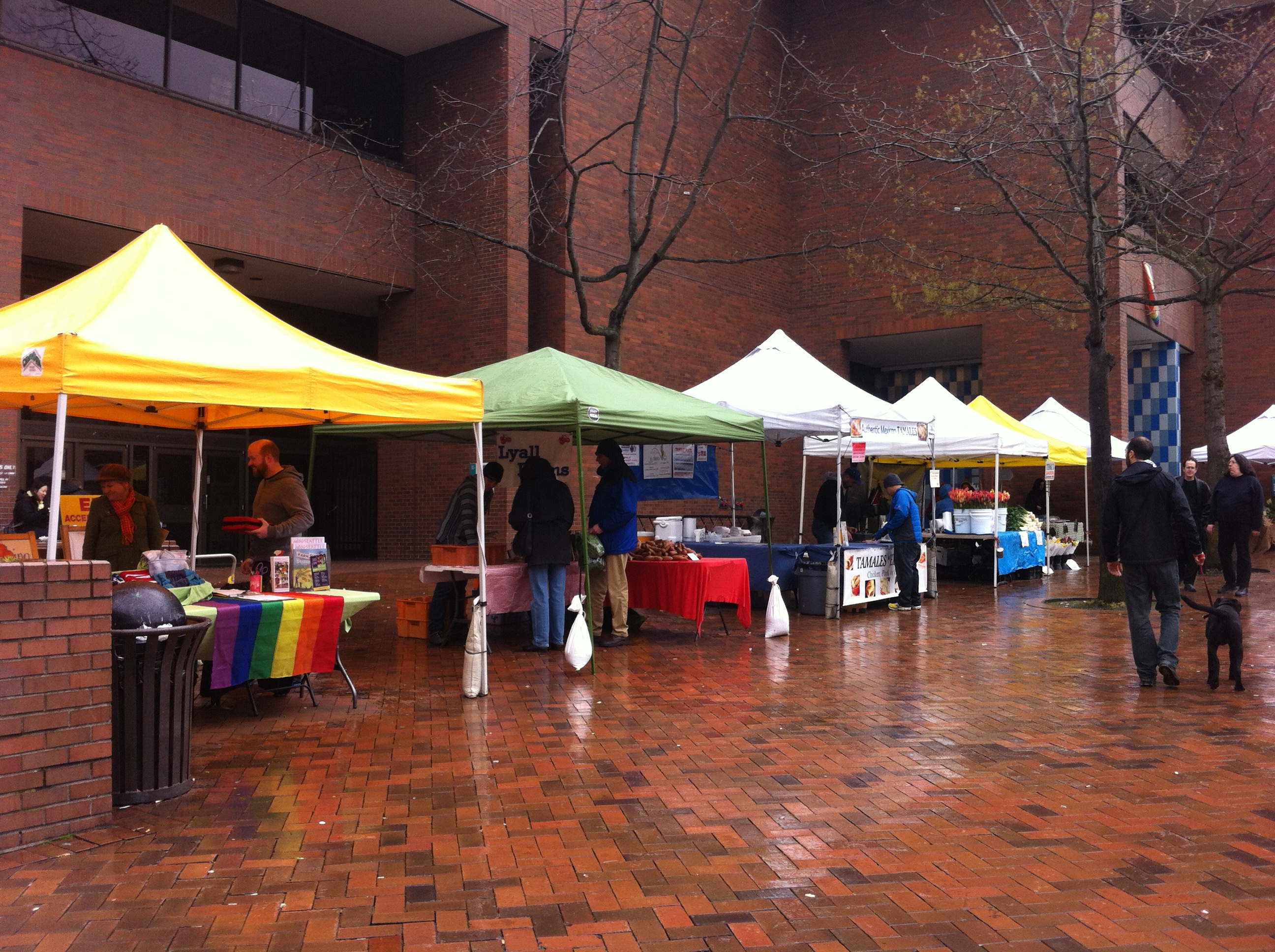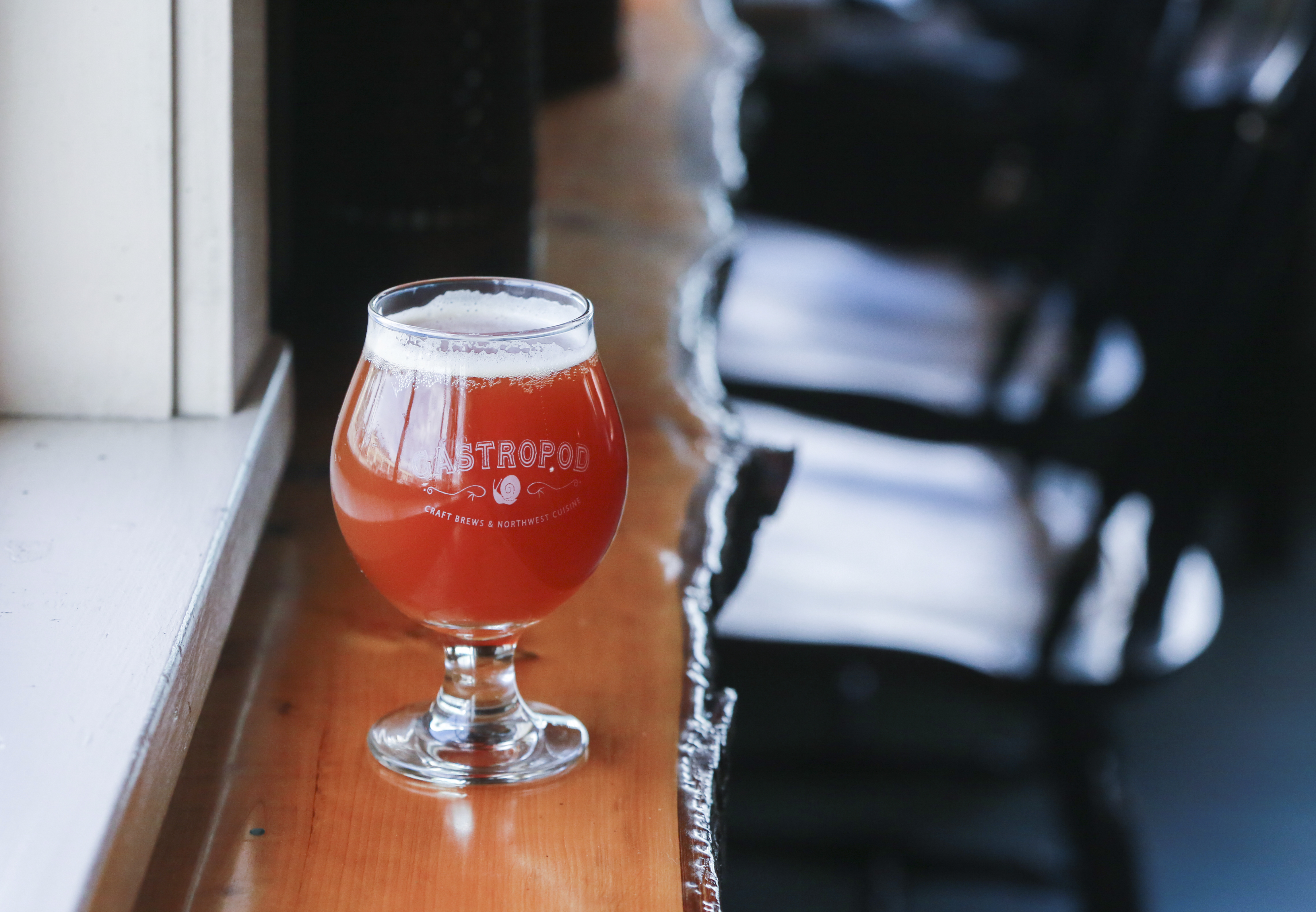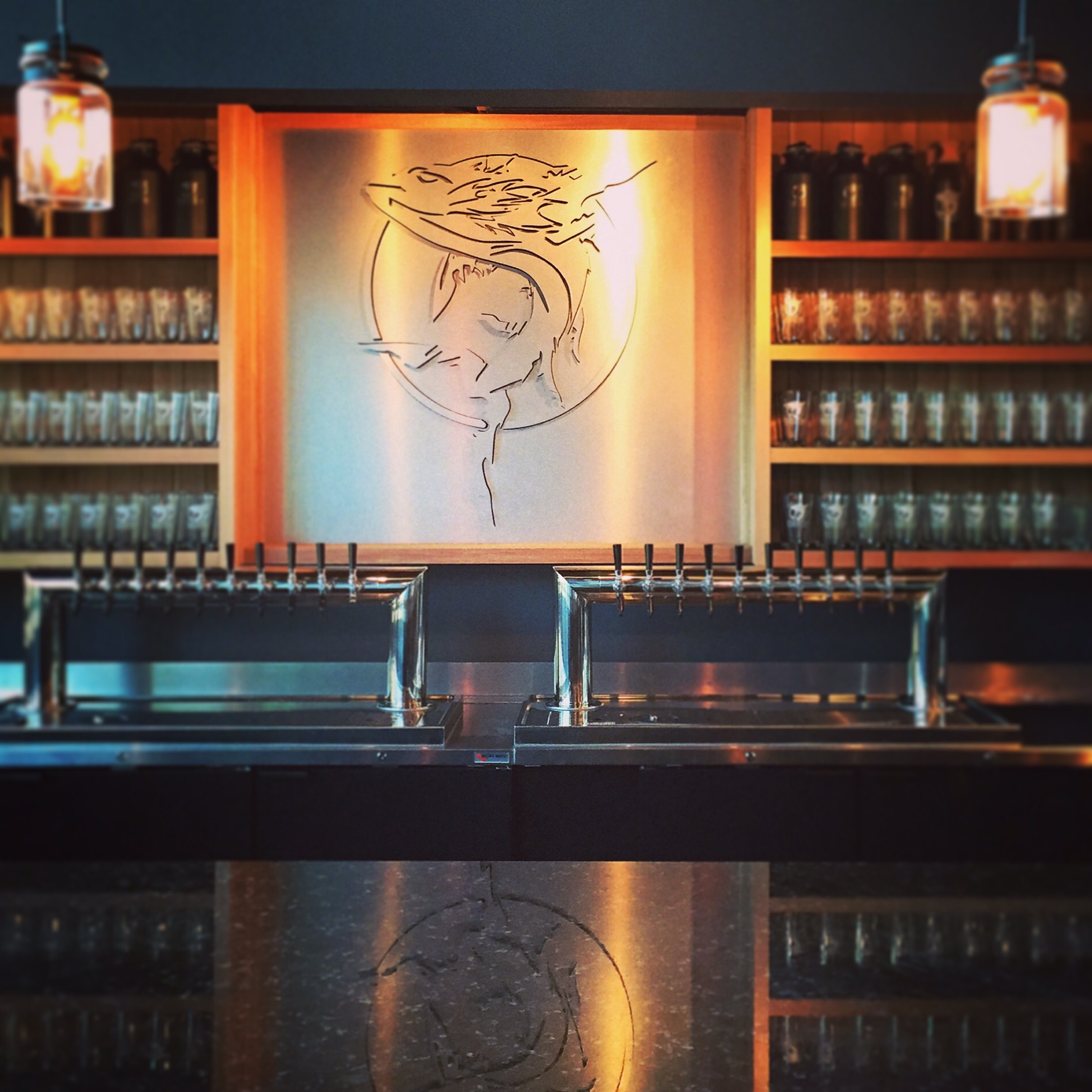Big changes are coming to the Broadway Farmers Market this year. The market, which opened Sunday, has expanded to include new vendors and is likely to move from seasonal to year-round.
The Neighborhood Farmers Market Alliance, the nonprofit that runs the Broadway Market and six others across the city, is also celebrating its 20th anniversary.
The NFMA started with the University District market in 1993, with just 17 farmers in the database.
“We were darn happy to have them because it was a big job to get that little neighborhood market going,” says Director Chris Curtis. Now, the database has 108 farmers representing nearly 6,000 acres of actively cultivated farm and pastureland and supporting 1,600 full time jobs. “I’m really proud of the organization and proud of the fact that Seattle stepped forward and wanted to buy direct from farmers.”
The organization looks to keep growing as it expands the Broadway market with a host of new vendors and the move to a year-round schedule. “It’s exacting to be an incubation place for small farms and other small businesses and we really think that Broadway can really hold that,” says Ivy Fox, Market Manager.
New vendors include:
Cascade Pies: An array of pies, plus vegan options
d:floured: Gluten-free Seattle bakery
Early Bird Eggs: Snoqualmie Valley-grown eggs
Klickitat Canyon Winery: Organic wine from the Columbia Gorge area
Oh Yeah Farms: Hops, steel cut oats, ginger, quinoa and more
Orale Chamo: Authentic Venezuelan food
Six Strawberries: Seattle-made frozen fruit pops
Sno-Valley Mushrooms: Duvall-grown mushrooms
Steel Wheel Farm: Fall City farm growing herbs and produce
Sweet and Savory: handmade biscuits, scones and tarts made with seasonal, local ingredients
Youngquist Farm: Skagit Valley berries
I love my GFF: Gluten-free food cart
The market is usually slated to end in December, but farmers want to continue year-round. Ivy Fox, market manager for the Broadway market, says the market may take a week off at the end of the year and then pick back up again in 2014. It’s not a guarantee yet but looks headed in that direction.
“The farmers voiced a desire to keep going, which I think is a major key when you go through the winter and it’s raining and freezing,” she says. The market has a five-year lease with Seattle Central Community College, after which time they’ll likely move to a new plaza being created as part of Sound Transit’s construction of the Capitol Hill station. Eventually, the market may also spill into Denny Way, which will be closed on Sundays as a festival street. Like other year-round markets, Broadway will likely swell to about 50 vendors in summer and contract in winter to around 30 vendors.
Fox has big plans for the market’s future make up, too.
“I’m hoping to do some fun events on the hill too: a market mixology class where people can learn how to do their own infusions of liquors,” she says. “It’s important to me that the market stays relevant. If we’ve got a young crowd up there and a happening bar scene I’d love to keep connecting businesses to come to the market and bring a new clientele that is hung over but maybe they want to learn how to make a new drink.”
Through the expansion and the changes, Fox prioritizes the local food aspect the markets are known for. Even in winter, when local produce pickings are slim, you won’t find food from California or Mexico.
“You can easily lose sight of your mission but we want to make sure there’s an authenticity,” she says. “And people can come to the market knowing they’re getting something that’s local.”








